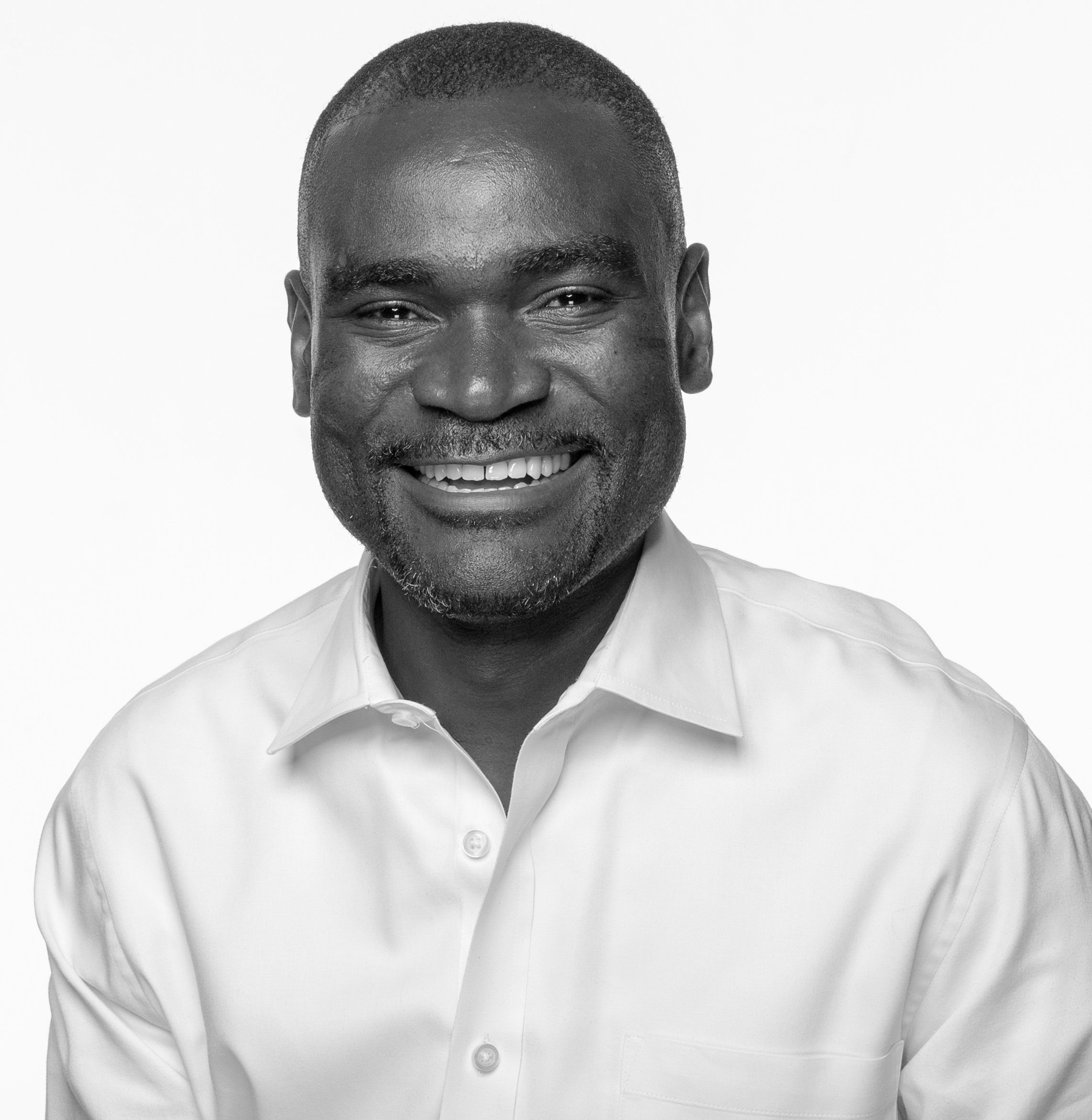By E. Munshya, LLM, MBA, MDIV

The decision of the Constitutional Court to not hear Mr. Hichilema and Mr. Mwamba’s presidential electoral petition is really not about which of the several views expressed by the judges is “right” or “wrong”. Both the minority and the majority in the case may have been right. Judicial decision making is sometimes not about how judges choose the correct decision from an incorrect one, but how they choose between two competing decisions that could both be necessarily correct. A decision of the Constitutional Court does not become legally right because it is morally superior to an alternative decision, but it becomes legally right because it has been chosen by a majority of judges to be so. Judges do not objectively decide and select the inherently correct decision between competing decisions, rather the decision they make becomes legally right making their choice the law. Legally right or legally correct decisions become correct because judges say so and not because the decisions themselves are objectively or inherently correct.
To put it in other words, some legal questions do not have the objectively right or wrong answer. The question of 14 days does not rise or fall on what is right or what is wrong, but rather on the decision of the majority judges at a particular time. From the “14 days” decision of both the majority and the minority judges, it is clear that the decision could have gone either way. The 3-2 decision was very close and the Chibomba-Munalula minority may have carried the day had one more judge from the Sitali-Mulenga-Mulonda majority agreed with them. How do we make sense of this?
First, the law cannot objectively resolve most of our political problems. We need political solutions to political problems. The idea that we can always run to the court to resolve our political disputes is practically untenable. It takes more than the courts of law to make democracy work. For example, Justice Munalula in her minority opinion states that the ConCourt needed to hear the petition to provide some healing for the nation. The truth is there is no ruling from the ConCourt that would bring healing to the nation. Healing is not a product of legal shenanigans, it is a product of political will and action. The court cannot through evidence help heal a nation, in fact, it could lead to more difficulties.
Second, an over-reliance on judges for absolute and ultimate justice is a self-defeating goal. Human experience should make you realise that judges could rule against your position, not because it is a wrong position, but rather due to several other considerations. Maturity helps you deal with such disappointments.
Third, the idea that the law is blind is true only to an extent. There are several instances where the law is and should be blind, but no one in the common law tradition, world-over, has ever held the law to those blindfolded statues. The law may as well have feelings, eyes, and a big mouth. The law grows according to the magnanimity of those who lose under its breath, and win under its wind. Right from the likely tribal split of the Constitutional Court itself should give you an idea that the Court is not an objectively moral compass that churns out court rulings like a blindfolded woman. It is a little more complex than that.
Fourth, the philosophy, and practice, of law is very consistent with a liberal outlook on life and human experience. The law could lead to conclusions that are unfair to a party, as long as the outcome is part of the reasonable conclusion. This does not justify unfairness; it only shows the fragility of our unbridled faith in having the justice system resolve all of our problems. How can the law resolve the problems Mr. Hichilema is alleging? Particularly the more academic and philosophical ones?
Fifth, legal legitimacy should be taken as a whole, as the whole system. Immediately we begin analyzing the integrity of a judicial system on the basis of one or two court rulings, we lose the true picture of our judicial structure. Judges may have ruled differently on the 14 days issue, but they ruled unanimously on the question of cabinet ministers not to stay in office beyond the life of parliament. Zambia’s Constitutional Court cannot just be judged by the 14-day ruling, but by the entire intercourse of rulings it has released in its life. You cannot blame a court just because it has not lived to your expectations on Mr. Hichilema.
It appears like we have now become a very litigious nation. I now hear that several citizens are now taking Constitutional Court judges to the Judicial Service Commission. What nonsense! We cannot go on like this. This is becoming absolutely ridiculous. We must be more gracious to our judicial system and give the Constitutional Court some time to grow and develop. The idea that each of the parties that is aggrieved should now go the Judicial Service Commission to have judges fired is repugnant to common sense.
Judicial reasoning is not an exact science. It has never been. From the English roots of Zambia’s constitutional jurisprudence to the American constitutional order and back to Zambia’s new Constitutional Court era, judicial reasoning in constitutional matters is chaotic and constantly changing. Respect for the law is never about respect for the objective validity of the law, but it is always the respect for the heritage of the societies that have chosen to be guided by such legal structures.
_________________________________________________________________
Rev. Elias Munshya is a Zambian theologian and lawyer practicing at West End Legal Centre in Calgary, Alberta, Canada. In addition to several degrees in theology, he holds an LLB from England, an LLM from Northwestern University in Chicago and an MBA (law) from Wales.




Leave a Reply